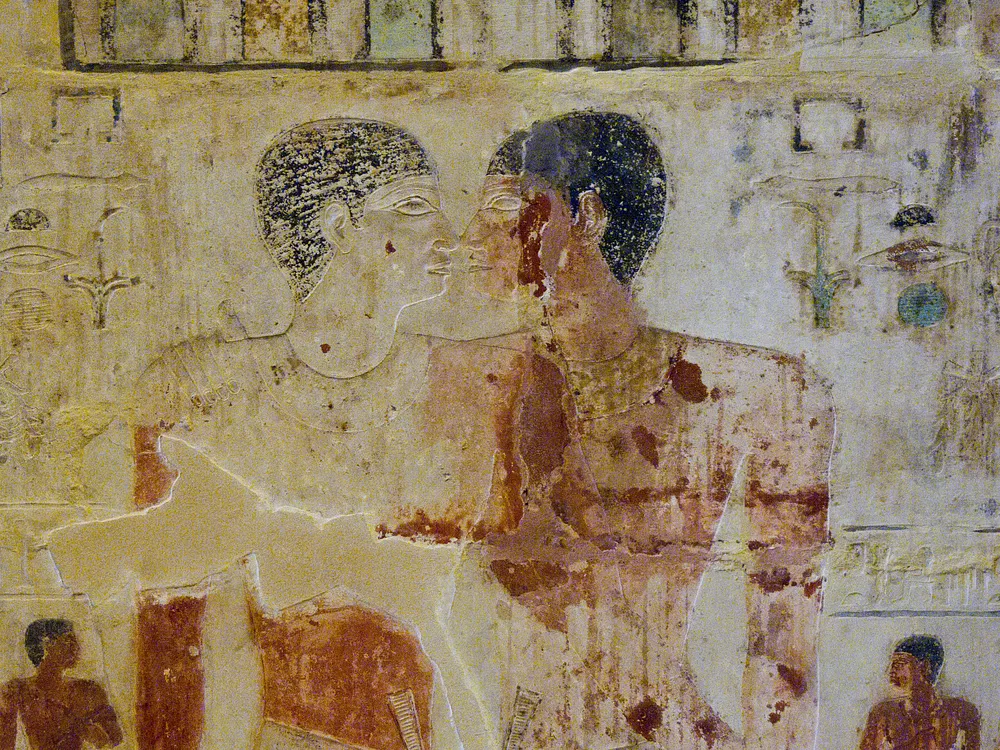Why are you so short?
[I didn't write in response to a specific prompt]
(Content warning: this blog is about an eating disorder. If you're not ready for something emotionally intense, don't read.)
“Why are you so short?" My extended family would probe. I hate that question. “What happened?”. My parents are on the shorter side, but they are both taller than me–and so are everyone else in our family, including my younger cousins. Everyone knew something must have happened. But no one, except me and my parents, knows what exactly happened in those haunting 10-12 months that (probably) led to my unusually short height. Even now, years after the “incident”, we avoid talking about it like the plague.
It was mid-6th grade. I would call myself a little chubby but not in any way that would concern my health and make any weight-loss efforts necessary. But to that naive kid whose friends’ words probably had as much impact as those of a doctor, the comment “Why are you so fat?” had the weight of a death sentence. At first, I ignored it like a joke, responding with a silent smile to show that I wasn’t affected by it. But that one friend (was she?) kept pushing that question to me over and over again, over multiple occasions, with a determination that she would feed it to me until I recognized it as truth.
And one day, I stood in the mirror and finally saw the “fat” that she saw in me. I pinched the parts of my body that now seemed “ugly” and started hating myself for them. This hatred infiltrated deeper into my self-image until I set out to fix my ugliness. And hence began the worst year of my life. With an Olympian determination, I became obsessed with starving myself.
Across months, my weight dropped, and so did my physical and mental health. I got sick more often, my hearing faltered temporarily, and I felt drowsy 24/7. I had many mental breakdowns, crying (or maybe wailing) in ways normal people might not. Life felt like hell and I had suicidal thoughts. I can’t imagine what it must have felt for my parents, seeing their daughter growing grotesquely skinny and destroying herself despite their urgent pleas to eat something.
Eventually, we broke into fights and, to save me, my parents did everything within their emotional capacity to express their outrage. I saw my dad crying for the first time, and in his eyes, I saw pure rage and sadness, tears jarringly falling against the roars that excited his throat. Having only seen him as either calm, stoic or even a little distant, this was an especially shocking sight. And only after seeing my parents approaching the brink of insanity, I started to recognize what I was doing to myself.
By the end of seventh grade, I returned to a more “normal” state of the human body, recovering my health and weight and, slowly, mending my relationship with my parents. Now, looking back as a 17-year-old, I don't see any traces of this excruciating period in myself--except, of course, in my height.
It’s easy to imagine that being deprived of crucial nutrients (or, just even sufficient calories) in an age when rapid physical growth is supposed to take place stunted my growth. And years later, I still haven't really grown as much as I had expected, even after the recovery.
Anorexia is probably the worst thing that ever happened to me. But it was also a turning point. As I woke out of that gripping, all-encompassing idea of self-hatred, I also realized how reliant I was on other people’s judgment of me and how much harm that could cause. Through high school, I began to build my self-confidence and, though I haven't 100% succeeded yet, started internalizing the idea that I didn't need external validation or belonging to be happy with myself.
Growing up, we are often led to seek acknowledgment... hold on. Frankly, I still don't know what to make of my Anorexia incident, and especially with experiences like this, I don't want to hurry to the moral of the story.
Obviously, we should "have a positive body image" and know what kinds of people we surround ourselves with. But I have an inkling that I want to say something deeper, beyond the drama and psychological impact of losing X pounds, something that gets to the root of why all of this happened: why had my friend started taunting me about my weight? Why didn't my other friends, who watched or looked away as everything played out, step in? Why, and how, did I synchronize with my friend's view of my body? I still find myself wondering these questions whenever I am reminded to look back on it. That is, only when I'm confronted by questions from my relatives about "what happened". Perhaps it's that I still haven't fully understood the causes of my Anorexia that I respond to such questions with a shrug: “Yeah, something happened”. And I politely stare at them until they change the topic.

Your narrative parts of this essay really shine. The honesty and vulnerability allow the reader to get to know you and the emotions you had. I also like how you have a lot of introspection in your reflection, and don't have a firm ending. I think everything is really good, except the word count which you probably already know and is probably the least important part of these essays. If you HAVE to shorten it, I would try to combining the narrative paragraphs of the essay.
ReplyDelete